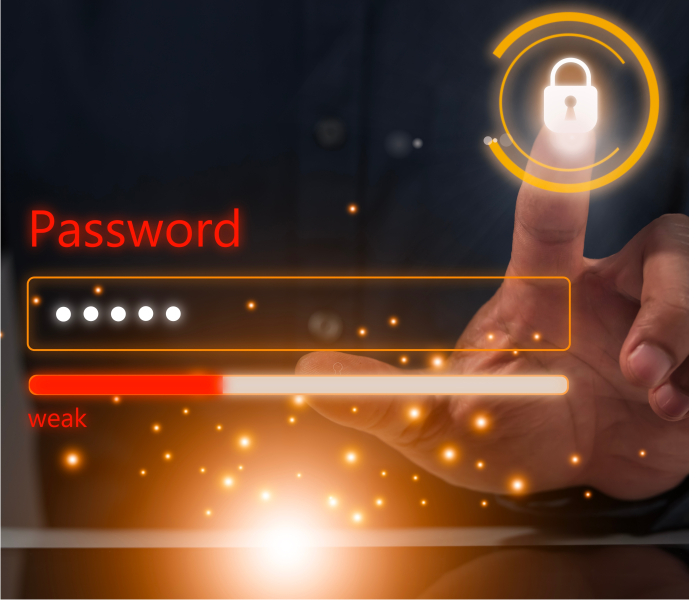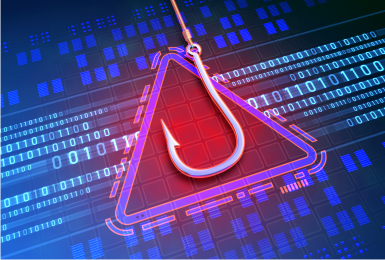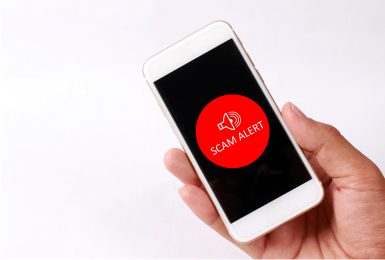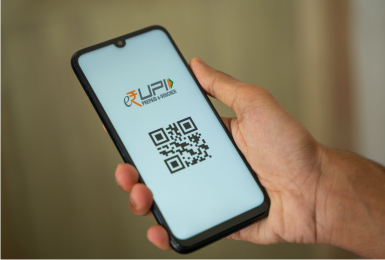Password Sharing: How to do it securely
People might not have known about it much a decade ago, but it has become a household name. Yes, you guessed it right; password sharing.
People share passwords for various reasons, but it is due to the streaming platforms that password sharing has gained explosive popularity, primarily because of Netflix. People share their login credentials with other people to give them access to their accounts. But this is much more than this. At times, it becomes necessary, but just like any other thing, there are two ways to do it: right and wrong. If done with precaution, your streaming and online accounts can be compromised. So, without any further wait, let’s dive deeper into the topic and understand the reason for password sharing, learn about the risks, and learn how to share passwords securely.
Reasons People Share Their Passwords
People choose to share their passwords for various reasons; to save money on streaming services, give access to such services to their friends and family, and provide access to financial accounts in an emergency.
The reasons for password sharing depend on the situation. They can be:
• In Personal Life: People share passwords in their personal life for varied reasons. One reason is to give them access to accounts in an emergency or to give friends and family members free access to streaming services like Netflix, Hulu, Prime Video, etc. People also share Wi-Fi passwords with the guests. Superficially, it may seem harmless, but it is a crocodile in the water, lying in an ambush. A little carelessness can expose your network to threats like malware, which can spread to other devices connected to your Wi-Fi network. So, it’s wise to understand the risks of password sharing.
• At Work: At times, it becomes necessary for employees to share passwords for social media or other company accounts to do their jobs. However, this is only sometimes done securely, which can often expose the company accounts to phishing and other cybercrime-related threats.
An improper password sharing can enable former employees to retain access to company accounts, increasing the risk of sensitive information being exposed to account takeover attacks and breaches.
How Passwords are Shared
Before discussing the risks associated with password sharing, let’s take a look at the ways through which people share their passwords. Password sharing may happen:
• Through social media, direct messages
• Through emails
• Through text messages via SMS or any other messaging apps
• Through Excel spreadsheets or Word documents
• By writing them down on paper and handing them over
Since we have discussed the ways to do password sharing, let’s see the risks it poses.
Risks of Password Sharing
If not done carefully and securely, password sharing exposes financial and personal data to cybercriminals, who can use it for malicious purposes. Here are some risks of password sharing.
• Hacking and Phishing: Hacking and phishing is the most common cyber security scam scammers use to target people. So, it is imperative to take absolute precautions while sharing your password. Now you must wonder, ‘How can this happen when I use anti-virus software?’ The simple answer is; it can.
For example, you have a highly protected computer system, and it is practically impossible to breach your system directly. However, it’s only you. The person you share your password with might not be as cautious as you are, and it could be possible that their computer is already compromised. If such is the case, then regardless of the anti-virus, your computer can be indirectly hacked from the person’s account with whom you have shared the password.
• Social Engineering Scams: Social engineering psychologically manipulates the victims to reveal sensitive information to use for malicious purposes. One way to do this is to create urgency. For example, they can pretend to be your family member by hacking their system and then ask for the login credentials, saying they have forgotten them. In such a scenario, you may give it without a second thought, which can have severe consequences in the future.
• Breaching of Privacy: When you share a password with someone, chances are that they have access to all your information, like documents, private photos, etc., especially if the account is associated with Google. This way, you risk a privacy breach and the chances of being blackmailed.
• Ownership Loss: In password sharing, you also provide access to every account with the same password. So, anyone with malicious intent can reset your every password to take control of your digital presence.
The next step after understanding the risks of password sharing is knowing how to share the password securely.



















